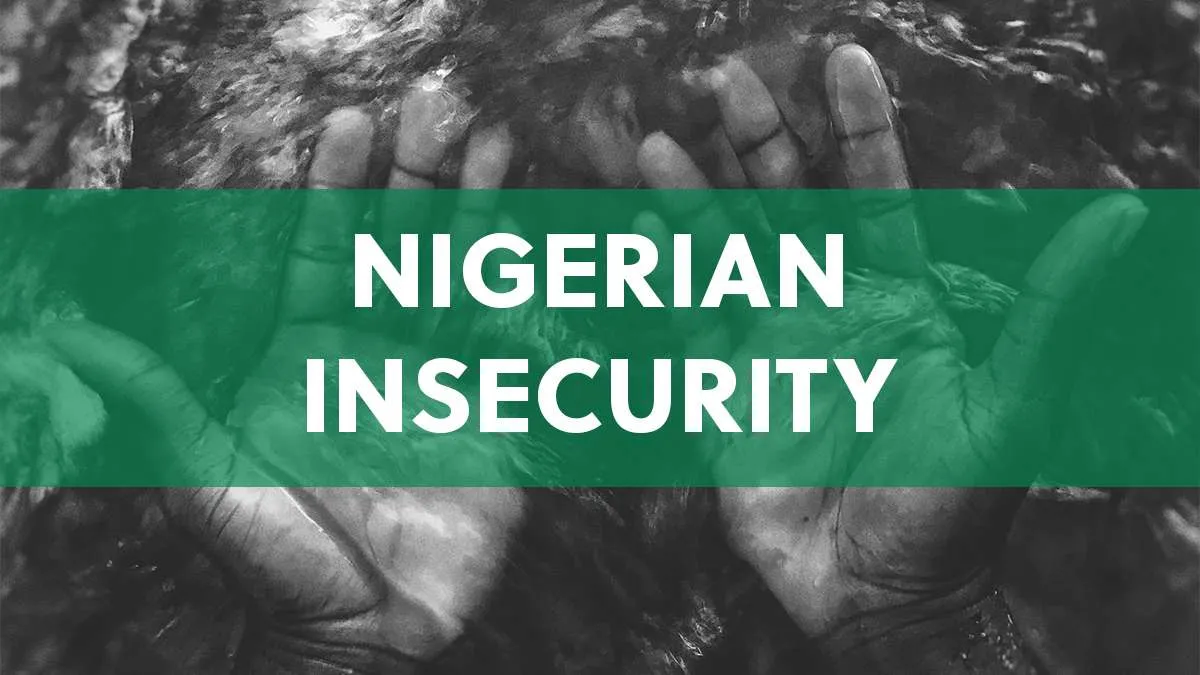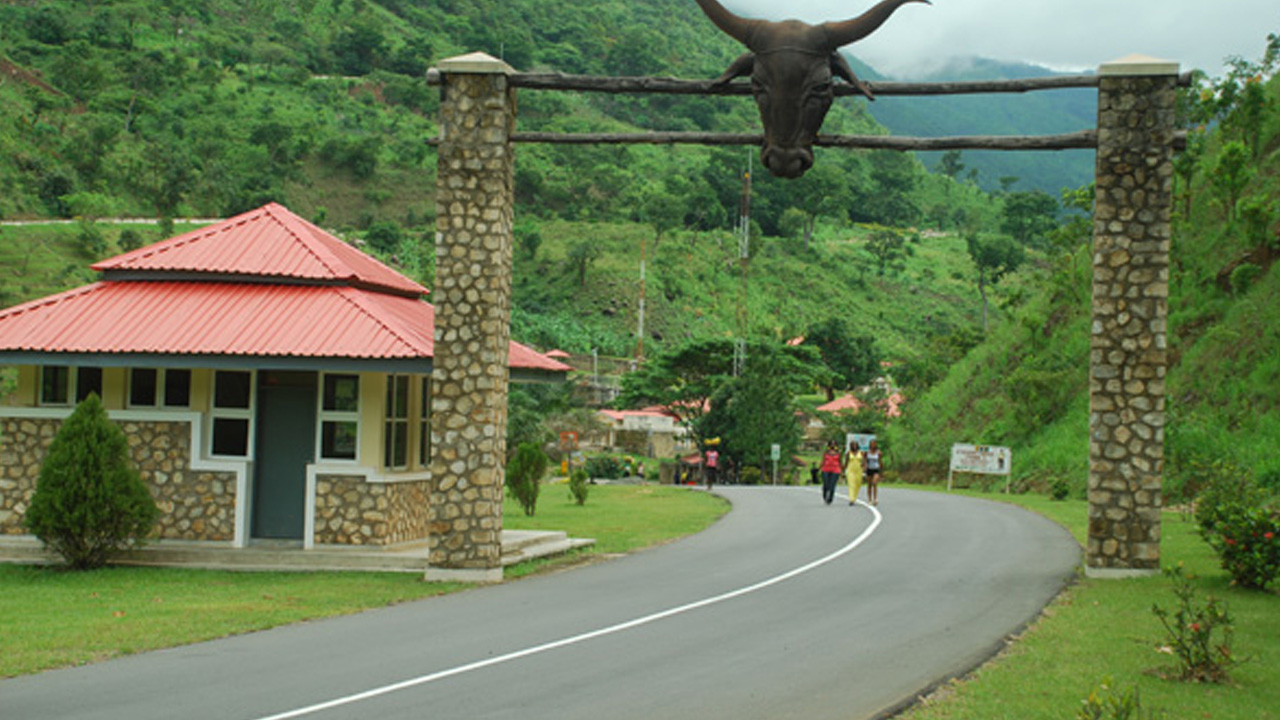As climate extremes tighten their grip across the globe, Nigeria finds itself at a pivotal crossroads. In 2024, the hottest year ever recorded, Nigerians from Maiduguri to Bayelsa experienced a convergence of environmental catastrophes: extreme heat, crippling floods, desertification, deforestation, and oil pollution. These are not isolated events but glaring symptoms of a climate crisis spiralling out of control, and Nigeria, Africa’s most populous nation, is dangerously underprepared.
Nowhere is this more evident than in the Lake Chad region, where rising temperatures and decades of water mismanagement have reduced one of Africa’s largest lakes by over 90 per cent. This ecological collapse has not only ruined livelihoods but also fuelled migration, armed insurgency, and deepened poverty. Across the North, desertification is encroaching on farmland, threatening food security and inflaming farmer-herder conflicts. In the South-East, gully erosion swallows homes and infrastructure. In the Niger Delta, oil spills continue to poison soil, water, and people.
The Federal Government has made several attempts to tackle these crises. Projects like the Great Green Wall, an African Union programme aiming to restore degraded land across the Sahel, which Nigerian government has committed to planting trees and establishing green corridors in 11 frontline northern states, for instance, Sokoto, Yobe, and Borno, the Nigeria Erosion and Watershed Management Project (NEWMAP), and the Hydrocarbon Pollution Remediation Project (HYPREP) show some intent. Legal frameworks such as the Climate Change Act and National Forest Policy provide structural direction.
And Nigeria’s commitment to reduce greenhouse gas emissions by 20 per cent unconditionally and up to 47 per cent with international support by 2030, as outlined in its Nationally Determined Contributions (NDCs), signals a willingness to be part of the global solution. Key focus areas include expanding renewable energy (solar, hydro), reducing emissions from agriculture and deforestation, promoting climate-smart agriculture, protecting forests and restoring degraded lands and enhancing water and waste management systems.
But good intentions are not enough. These programmes are stalling, not due to a lack of ideas, but a lack of action. Many of the initiatives in Nigeria’s NDCs, like afforestation, clean energy deployment, and sustainable agriculture, are concentrated in climate-vulnerable regions such as the North-East and North-Central. Unfortunately, these are the same areas most affected by insurgency, banditry, and farmer-herder conflicts.
While clean cooking and solar energy feature in Nigeria’s NDC vision, real-world progress has been limited: Plans to switch 50 per cent of households to LPG or improved cook stoves by 2030 are hindered by price inflation and reliance on imports. Large-scale solar projects have stalled due to high financing costs and a lack of government guarantees, even though off-grid micro-solar use is expanding rapidly.
The Great Green Wall is crippled by poor funding and insecurity in the North-East. The insurgency makes it nearly impossible to implement tree planting, clean energy, or water conservation projects.
Violent conflict chokes off access to farmland, destroys infrastructure, and blocks humanitarian interventions. Without peace, climate solutions cannot take root. And yet, the worsening environment also drives insecurity, forcing migrations, sparking resource-based clashes, and undermining livelihoods. NEWMAP, despite some success, cannot keep pace with the spread of erosion. HYPREP, meant to clean up the long-suffering Ogoni communities, is bogged down by bureaucracy and delay. Meanwhile, illegal logging, gas flaring, and oil spills continue with impunity.
The underlying issue is clear: insecurity is making climate action nearly impossible, and weak governance is making insecurity worse. In parts of Borno, Yobe, and Zamfara, violence makes it impossible to plant trees, manage land, or build renewable energy infrastructure. As Lake Chad dries up, resource scarcity is driving herder-farmer conflicts that are spiralling into broader ethnic and religious violence. Millions displaced by both conflict and climate shocks are now overcrowding urban centres, increasing pressure on water, housing, and food.
Insecurity also means data cannot be gathered, projects cannot be monitored, and funds are often misappropriated. Without peace and accountability, Nigeria cannot meet its NDC targets, and without meeting those targets, the environment will continue to deteriorate, fuelling more conflict. As insecurity can scare off international donors and climate investors, and Nigeria’s ability to access funds from the Green Climate Fund (GCF), Adaptation Fund, or bilateral partnerships depends on demonstrating capacity and stability, both of which are eroded by conflict. As such, the financial resources needed to meet the more ambitious GHG reduction target are harder to secure.
This is a dangerous circle, and it must be broken. Environmental protection must become a national security priority. Nigeria needs to embed climate resilience into its peace-building efforts, empower communities to manage natural resources sustainably, and ensure that military and security agencies protect, not disrupt, environmental infrastructure. Projects like HYPREP must be reformed and properly funded, with strong transparency mechanisms. Climate finance must be directed toward green job creation, especially for youth vulnerable to recruitment by violent groups.
The Federal Government must also hold oil companies accountable, end illegal deforestation cartels, and work more closely with states and communities to implement environmental laws. Climate change must stop being treated as a side issue; it must be central to every aspect of governance.
Nigeria is, in principle, meeting many requirements of the Paris Agreement. But in practice, progress is only as strong as the implementation systems, finance pipelines, and political will driving action on the ground. The mechanisms are there, but the challenge is converting them into real impact, especially for communities most vulnerable to climate disruption.
The tragedy of Lake Chad, the poisoned creeks of Ogoniland, and the vanishing forests of Cross River are not isolated stories; they are symbols of a deeper national failure to protect our people and resources. But they can also be rallying calls for a new kind of leadership, one that understands that saving the environment is not just about nature, but about survival, security, and justice.
Breaking the dangerous circle of climate crisis and insecurity






